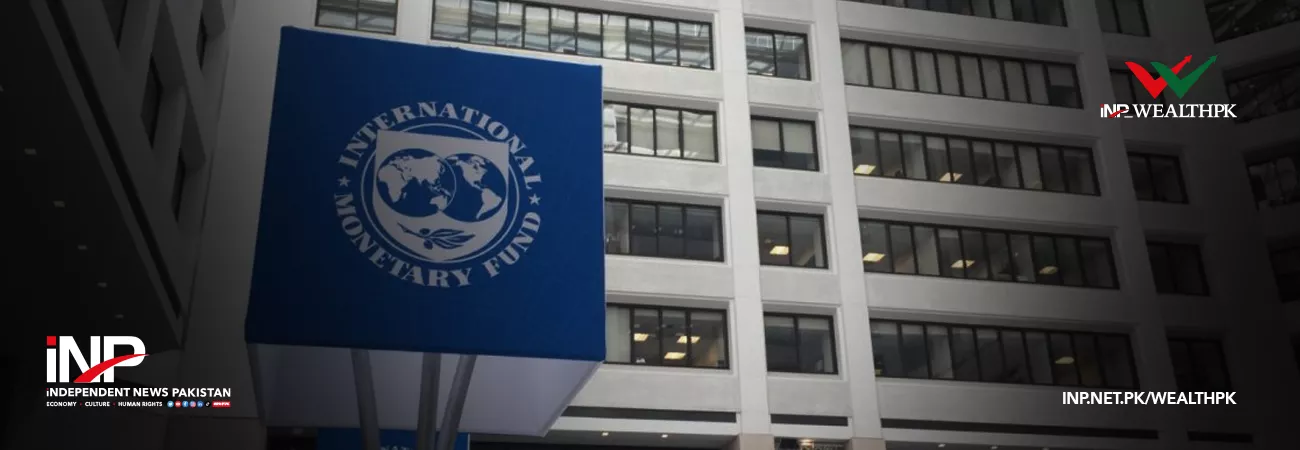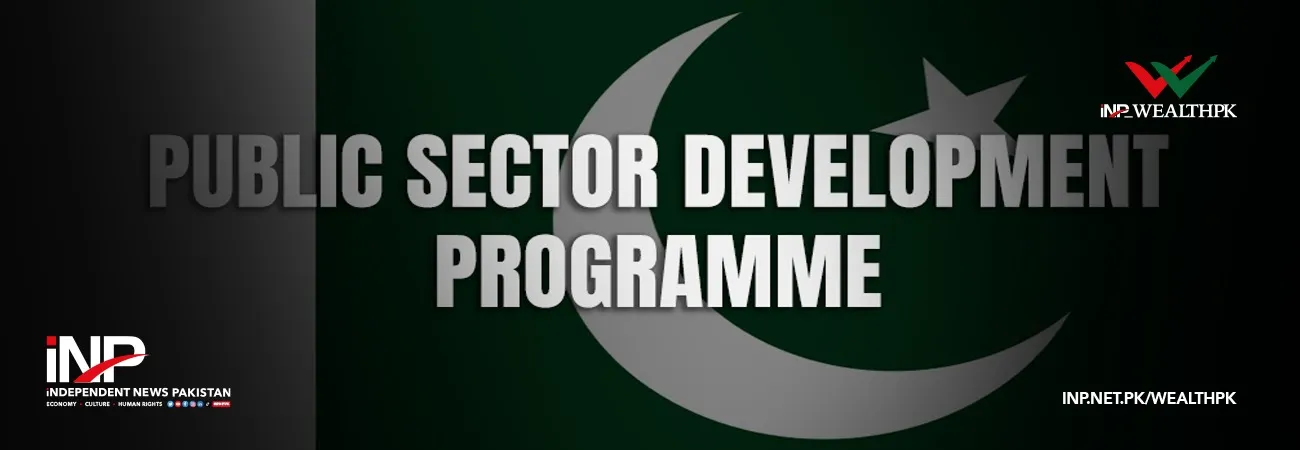INP-WealthPk
Raza Khan
Pakistan needs to fulfil its commitments made to the International Monetary Fund (IMF) to complete the Extended Fund Facility (EFF) program, experts said. They believe that fulfilling the IMF’s requirements would not only provide some much-needed cash to Pakistan, but also help restore the trust of investors and lenders.
Pakistan entered a $6 billion IMF program in 2019, which was increased to $7 billion earlier this year. The program’s 9th review is currently pending, with remote talks being held between IMF officials and the government for the release of $1.18 billion. The IMF’s Executive Board approved the revival of Pakistan’s EFF program in August last year after suspension of few months.
Dr Ashfaque Hassan, Dean of National University of Sciences and Technology (NUST) Business School, said while talking to WealthPK that Pakistan must fulfil its commitments to the IMF. He said that Pakistan is running out of options due to economic crisis. “The government will have to impose more taxes to achieve the revenue targets as it promised to the IMF,” he said.
The IMF is the only way forward during the current situation, he said. Although the conditions of IMF were tough, but Pakistan has to follow. “It is a fact that people of Pakistan are suffering due to inflation and additional taxes under the IMF program,” he underlined, adding that securing the IMF tranche is crucial to unlocking funding from bilateral and multilateral partners, as the country’s forex reserves stand critically low.
He said the IMF wants the Government of Pakistan to impose additional taxes and raise the prices of certain commodities to make sure that revenue targets can be achieved. He was of the view that there would be more inflation in the country in coming months due to additional taxes and petroleum levy. “The government has to collect Rs850 billion as petroleum levy during the current fiscal year,” he said.
Dr Ashfaque said Pakistan should reduce the import of non-essential items so that the current account deficit can be managed. He said that Pakistan, in the long term, should not rely on the IMF programs as these were not the actual solution to the financial problems faced by the country.
“Although Pakistan has to complete the current IMF program, it should try to avoid such loan facility in future,” he added. Dr Sajid Amin, Deputy Executive Director at Sustainable Development Policy Institute (SDPI), was of the view that restoring the trust of foreign investors and international lenders by getting back the IMF program should be the primary focus for the government.
“Completing the IMF program by implementing its conditions is compulsory to come out of current economic crisis,” he said. Dr Sajid said the government should act fast and make necessary budgetary adjustments to collect more revenue as committed to the IMF. “To get out of the present economic crisis, Pakistan must work on a four-pronged strategy, which include getting the IMF back, market determined currency exchange rate, rollover or rescheduling of debt, and effective social protection,” he suggested.
Dr Sajid said the government should let the market forces determine the currency exchange rate instead of controlling it. “It must be understood that any economic policy distorting the exchange rate and fixing the currency price is bound to fail. It will add further to economic instability,” he added.
Credit : Independent News Pakistan-WealthPk













